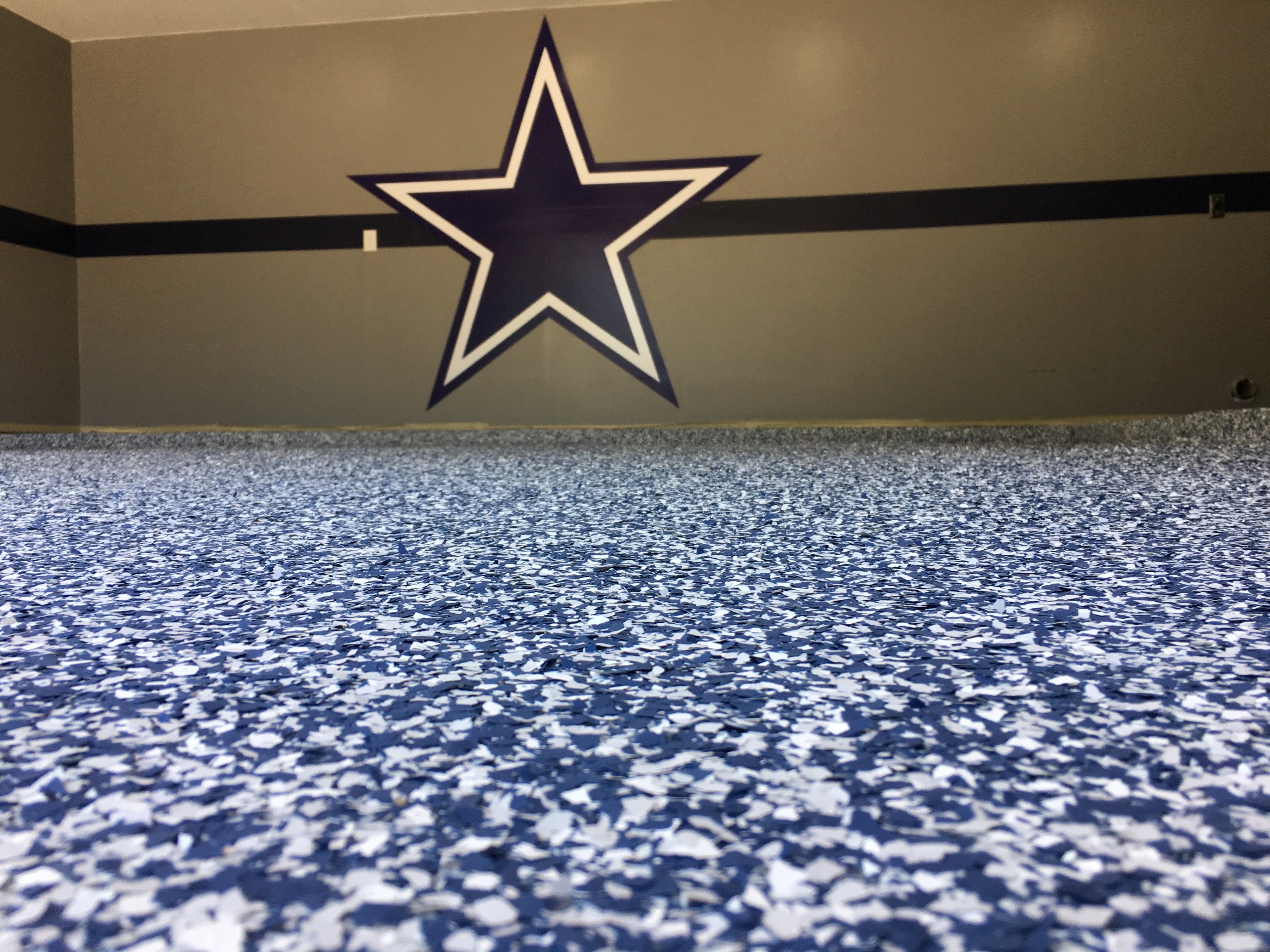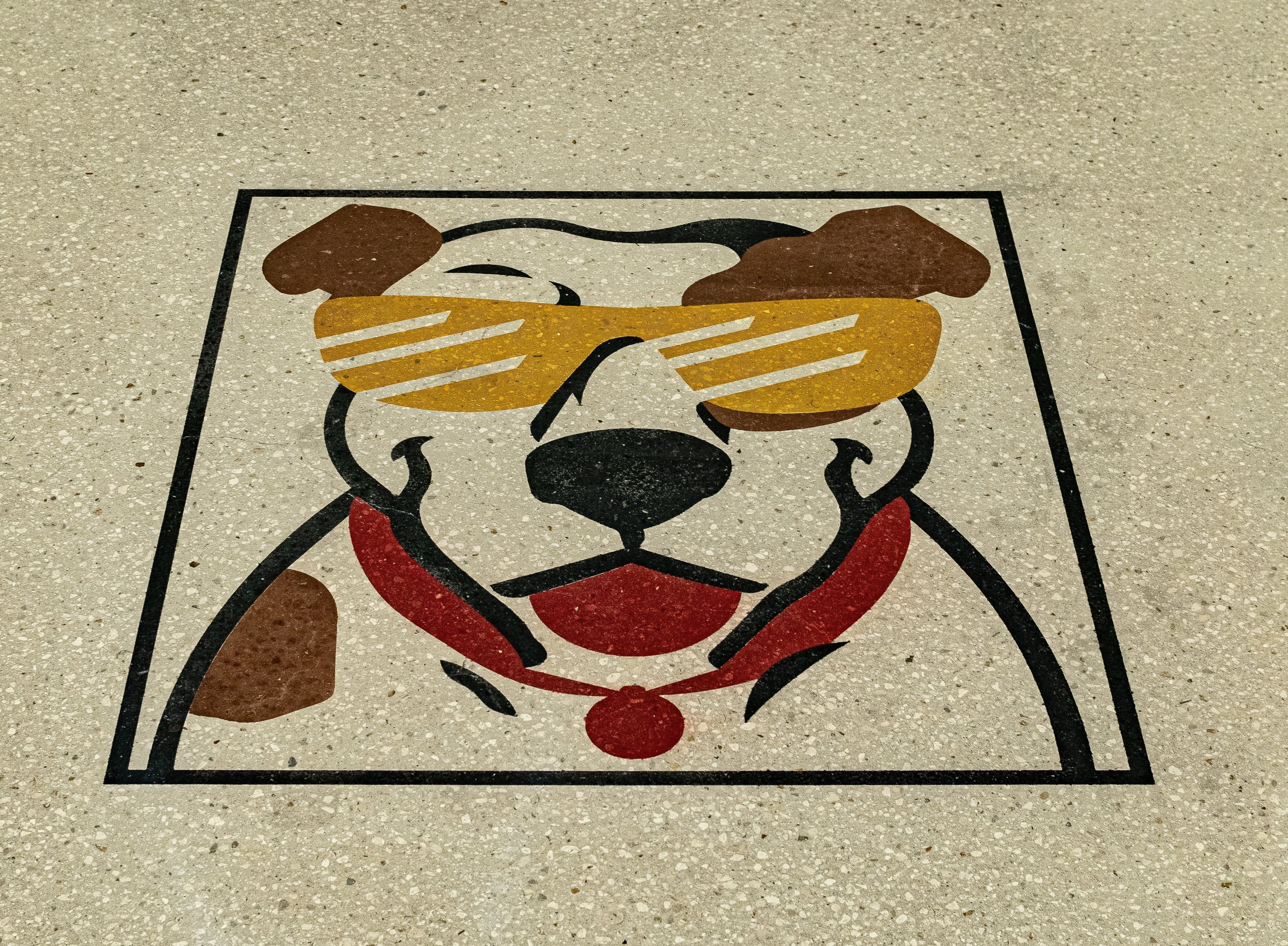
What You Need To Know About Curing Epoxy
How long should you wait for the perfect epoxy floor?
Epoxy contractors looking to deliver high quality, beautiful epoxy floors to their clients need to know how long to wait for their epoxy to cure and dry. Allowing foot or vehicle traffic to disturb uncured epoxy is guaranteed to result in the failure of your floor. This means more labor, more cost and an unsatisfied client. The amount of time you need to wait for your perfect floor depends on a few factors, and this article will help you learn what you need to know about epoxy curing and drying.
How Much Time Does Epoxy Need To Cure?
Curing is the process epoxy goes through after it's installed in which it hardens into its final solid finish. Epoxy hardens because of the chemical reaction between the resin itself and an added hardening agent. This process can generate some heat, so be careful! Allowing the epoxy to finish the curing process fully is important not just for safety, but for the final look and integrity of the epoxy floor overall.
Non-polyaspartic epoxy resins can take anywhere from 12 to 72 hours to cure, depending on the product. The majority of resins cure in around 24 hours, though, so be sure to check on the specifics of your resin before installation. Even if an epoxy floor is fully cured, it may be worth your while to warn the customer to stay cautious for the full 72 hour periods. A little bit of patience can go a long way in ensuring that you're giving your clients a floor that will last for years!
Drying Time
The process of drying epoxy involves the evaporation of various solvents and other moisture and oils present in your floor as it hardens. Drying takes place during and before the epoxy hardening process. Drying times roughly follow along the same lines as curing, so while most resins will be dry within 24 hours, it's still smart to play it safe and wait the full 72 hours before allowing full usage of the floor.
Both curing and drying times start at the point of finishing the installation of the epoxy, so your floors should be ready and solid by the end of that 72 hour period! Be sure to research your specific resin and learn its specific curing and drying times.
What Factors Affect Curing & Drying Epoxy?
Epoxy curing and drying are chemical processes than can vary from installation to installation because of a few different factors. Firstly, an improperly mixed solution of resin and hardening agent can lead to a faulty cure, ruining hours of labor and effort. There's also a few environmental variables that can affect your process, such as humidity and high or low temperatures. Cold climates will help epoxy cure faster generally, and the curing process will take longer in warmer, and more humid, climates.
It's important to be aware of the local climate, especially humidity, because it can actually negatively impact the process and threaten your floors integrity. Research your specific resin and see what the installation guidelines say about humidity levels.
One of the biggest factors that will change the amount of time your epoxy needs to cure is the actual resin and hardening agents that you use. Because of the high demand for epoxy in recent years, some of the newer resins and hardeners are quick to dry and cure. Resin manufacturers like RockHard create fast cure, fast dry epoxy resins that can cure, in the right conditions, in about 10 hours.
Polyaspartic: Fast Curing Epoxy Alternative
Some jobs need faster work than others. For jobs like these, polyaspartic resins are a great alternative to traditional epoxy if you don't mind sacrificing a little bit of quality and durability. Polyaspartic resins will generally cure and dry within just a few hours. Polyaspartic can be incredibly useful for base coats, with a topcoat of traditional epoxy resin on top, to help speed up an installation.
Polyaspartic isn't a complete epoxy replacement, though. With a faster cure, you often have to sacrifice long term durability and other factors, like UV resistance. While a quality polyaspartic resin is still incredibly durable, it may not stand heavy wear and tear like traditional epoxy will. RockHard also manufactures a high quality polyaspartic resin that helps combat some of the weaknesses of polyaspartic resins.
Learn Epoxy Installation from Professionals

Practicing patience with the epoxy curing and drying process is just the finishing touch to a careful, thorough epoxy installation. If you allow a poorly installed epoxy floor to cure, it's just as bad as not letting it cure at all! Learn how to install professional-grade epoxy floors from actual professionals in our Epoxy Classes program. This 5-day program will help you understand everything you need to know about working with epoxy. You'll learn hands-on and in classrooms how to:
1. Grind concrete and prepare a surface for epoxy
2. Install epoxy
3. Price and market your epoxy services
Learn from the best and guarantee success today!
Conclusion
Having the patience to allow your epoxy to fully cure and dry is an essential last step in the process of installing a beautiful epoxy floor for your clients. Research your resin and hardening agents and figure out if it needs just a few hours, or a few days, to cure. Leave your clients with beautiful, strong and sleek floors!
If you have any questions about epoxy installations, or you want to sign up for our Epoxy Classes program, contact us at (954) 287-3797. Our EpoxyETC online store delivers to you high quality products, tools and machines at competitive prices.




